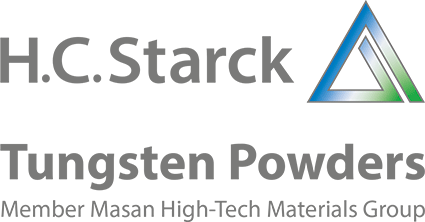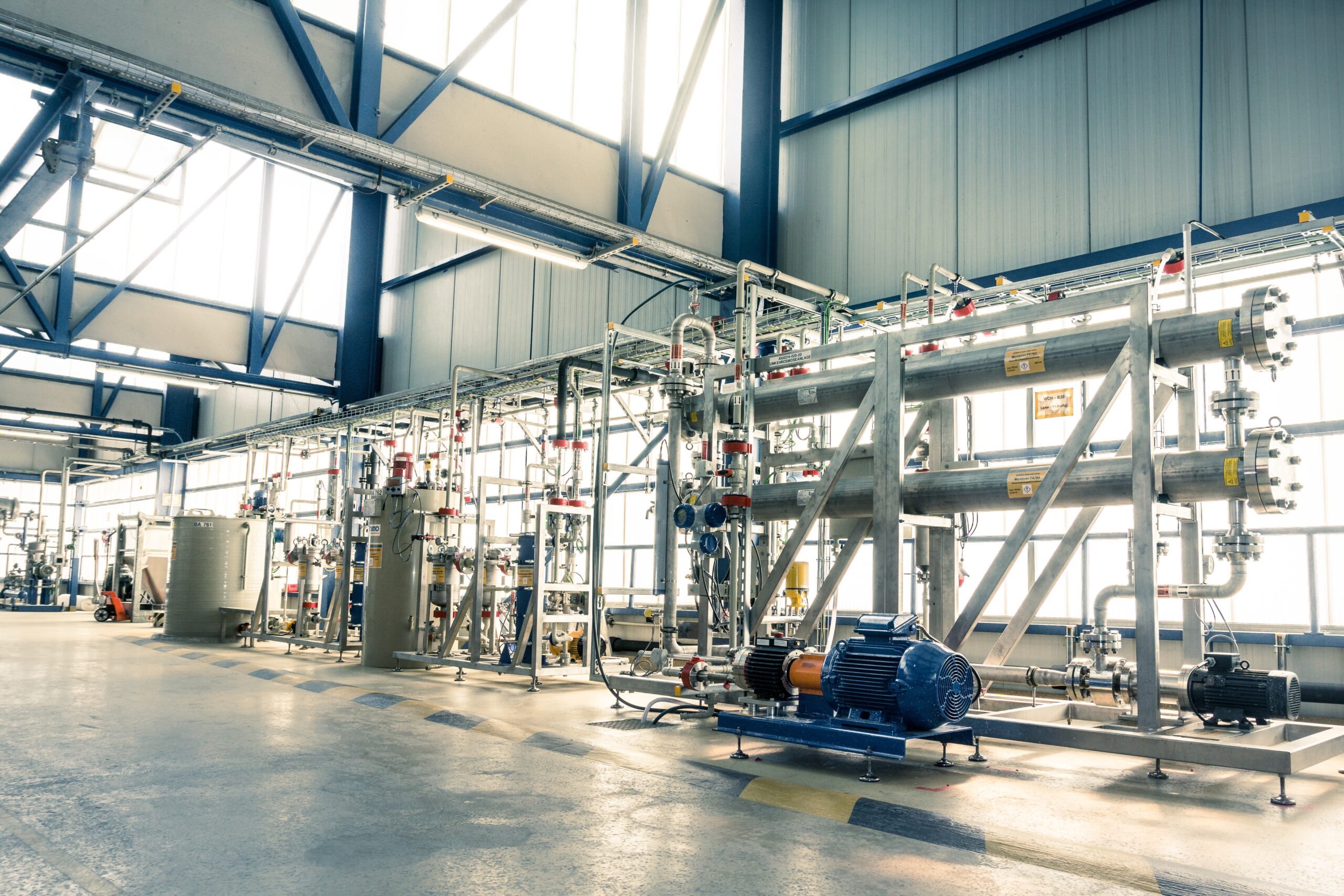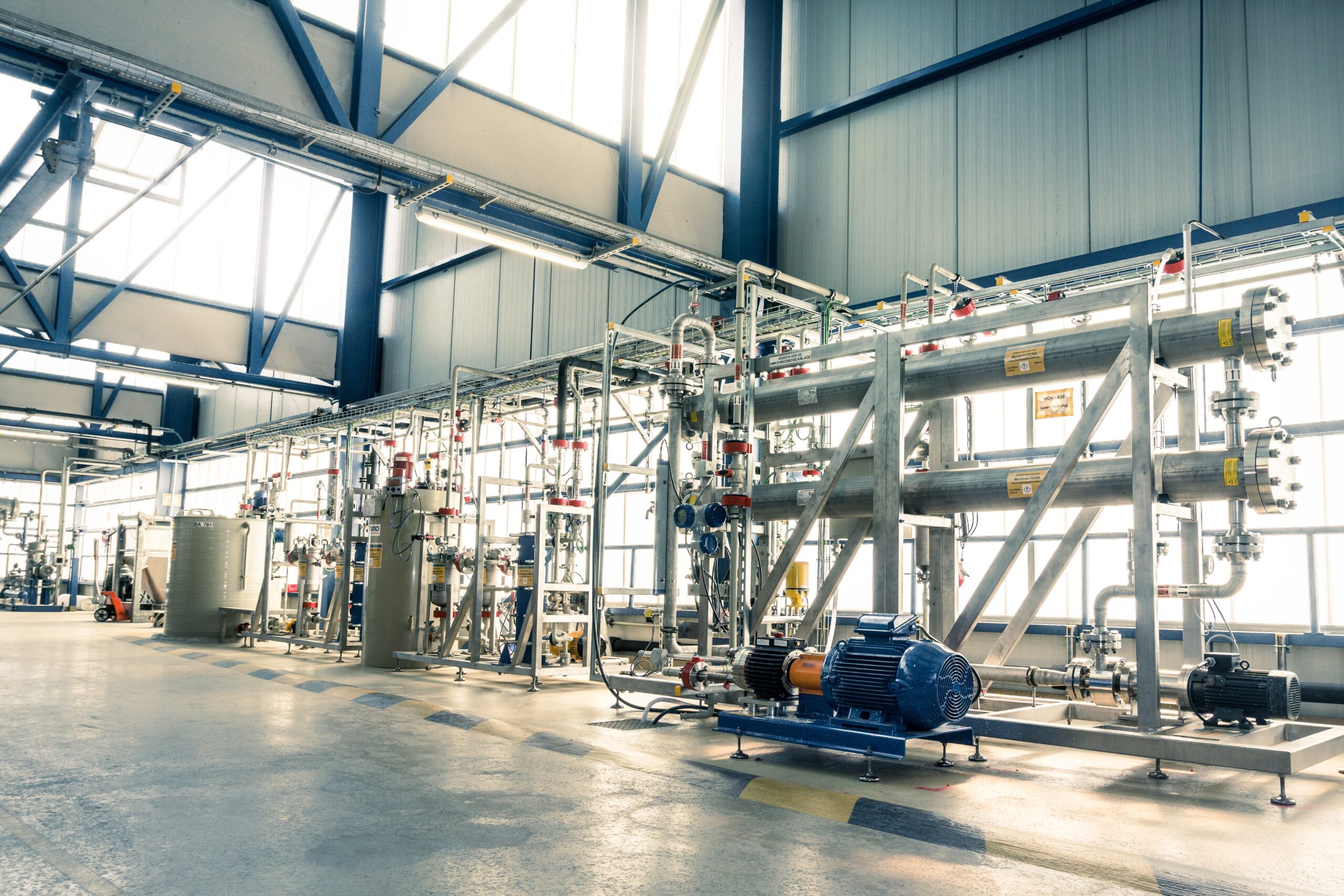Membrane technology reduces energy consumption and CO₂ emissions
Goslar, GERMANY, September 17, 2021 – H.C. Starck Tungsten Powders, a wholly owned subsidiary of Vietnam listed Masan High Tech Materials, has developed a new process for high-pressure reverse osmosis in the production of tungsten chemicals which significantly reduces energy consumption and CO₂ emissions compared to conventional processes. To achieve this, the Technology & Innovation department under the direction of Julia Meese-Marktscheffel cooperated closely with process specialist OSMO Membrane Systems. H.C. Starck is already using the process at its Goslar site for the concentration of ammonium metatungstate solutions on an industrial scale. Because of its positive environmental impact, the development project was subsidized by the German Federal Ministry for the Environment, Nature Conservation and Nuclear Safety (BMU).
In the production of ammonium metatungstate (AMT), a very thin solution is first obtained from ammonium paratungstate (APT), which then has to be highly concentrated. This is traditionally done by evaporating the water it contains, with steam being introduced with a high input of energy. With the newly developed H.C. Starck patent-pending process, the solution is pressed under high pressure through a semi-permeable membrane. The amount of energy required for this is negligible compared to conventional evaporation-based processes.
“Our innovative approach to the use of membrane technology reduces energy consumption by more than 95 percent at a production volume of around 1,000 tons of AMT a year,” says Julia Meese-Marktscheffel. “At the same time, this scenario reduces climate-damaging carbon dioxide emissions by around 900 tons – a real win-win situation for the company and the environment alike. The positive effects may increase even further going forward because the plant is designed for higher capacities.”
AMT is the most important product in the field of tungsten chemicals. The coarsely crystalline, highly pure, snow-white salt dissolves extremely well in water. For example, customers impregnate carrier materials such as aluminum oxide or silicon oxide with aqueous AMT solutions, which they then process by calcination into highly effective tungsten oxide catalysts, for example for the petrochemical industry.
Download press release


